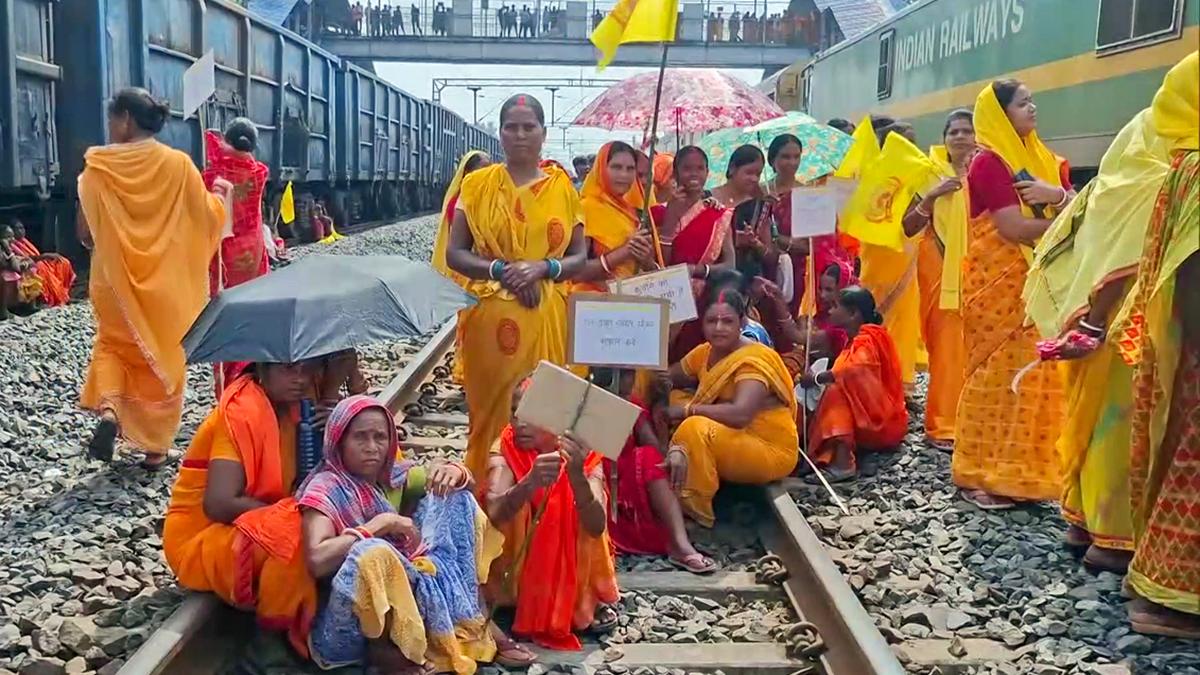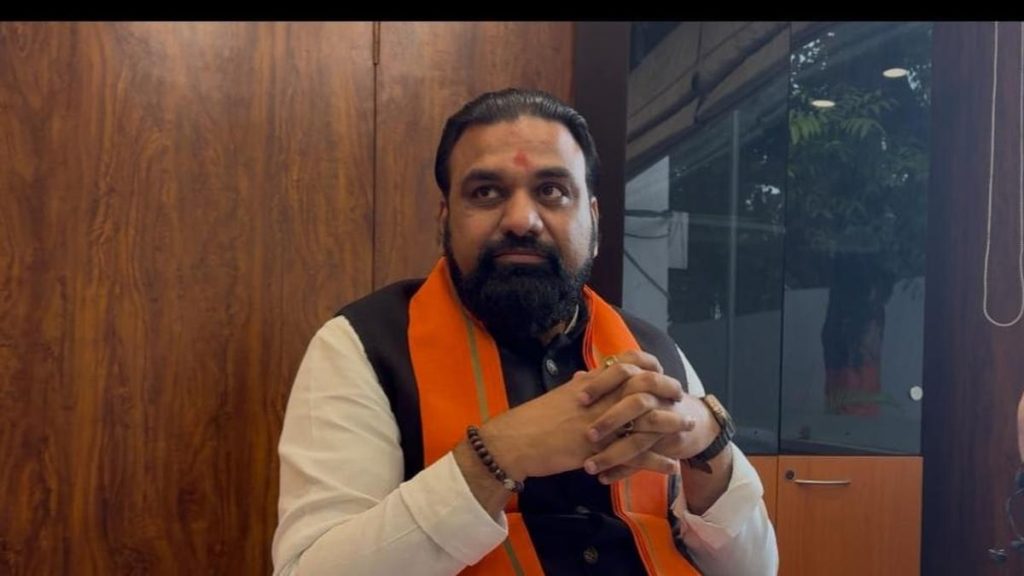Now Reading: Kurmi Adivasi Samaj Plans Protest in Purulia on September 25
-
01
Kurmi Adivasi Samaj Plans Protest in Purulia on September 25
Kurmi Adivasi Samaj Plans Protest in Purulia on September 25

Quick Summary
- The Adivasi Kurmi Samaj has announced fresh protests scheduled for September 25 in Purulia, West Bengal, following violent clashes at Kotshila railway station.
- Their long-standing demand is to be included in the Scheduled Tribes (ST) category.
- Protests involved rail and road blockades across West Bengal and Jharkhand, disrupting train services in border areas. Over 50 trains were impacted.
- In Purulia, confrontations with police escalated. Stones were reportedly pelted; police responded with baton charges and tear gas. Rapid Action Force was deployed.
- Injuries were reported among police officials and journalists; 44 protestors were arrested.
- Calcutta high Court deemed rail blockades illegal on September 18, instructing authorities to strengthen security against disruptions.
- Kurmi leaders emphasize that ST status is vital for cultural identity preservation and securing constitutional rights.
image Description: Kurmi community women sitting on railway tracks during protests in Hazaribagh, Jharkhand (representational image). Photo credit: ANI
Indian Opinion Analysis
The ongoing protests by the Kurmi community underscore an enduring socio-political challenge involving tribal recognition. While their demand for inclusion as Scheduled Tribes spans decades across regions like West Bengal, Jharkhand, and Odisha’s Chota Nagpur Plateau area, tensions have escalated due to proximity to elections. The recent clashes highlight underlying frustrations over perceived neglect of constitutional rights.
From a governance perspective, balancing legal measures-such as prohibiting disruptive actions-with ensuring dialog about legitimate grievances remains critical. Compliance with the Calcutta High Court’s rulings may help maintain public order but might also deepen dissatisfaction if demands remain unaddressed. The broader implications could influence political dynamics within states heavily reliant on tribal portrayal during electoral campaigns.
The disruption of transportation systems impacting over 50 trains signals how deeply rooted socio-economic issues can spill into public domains unless managed effectively through inclusive policy interventions.
For further reading: Source
























